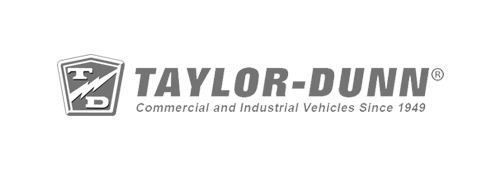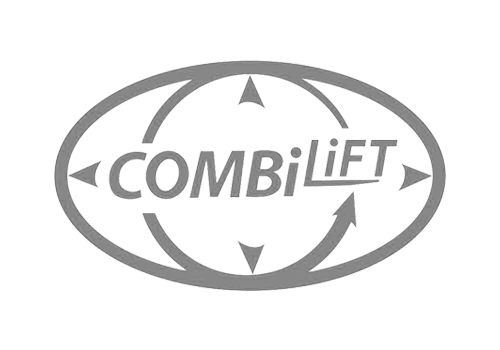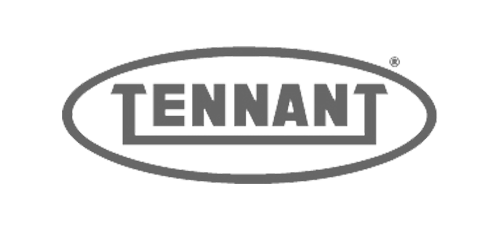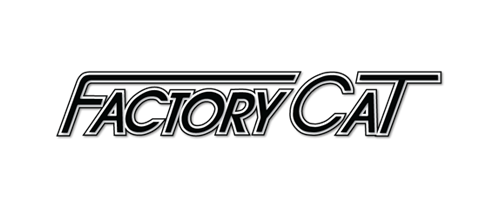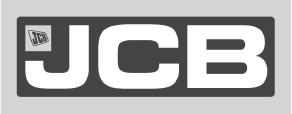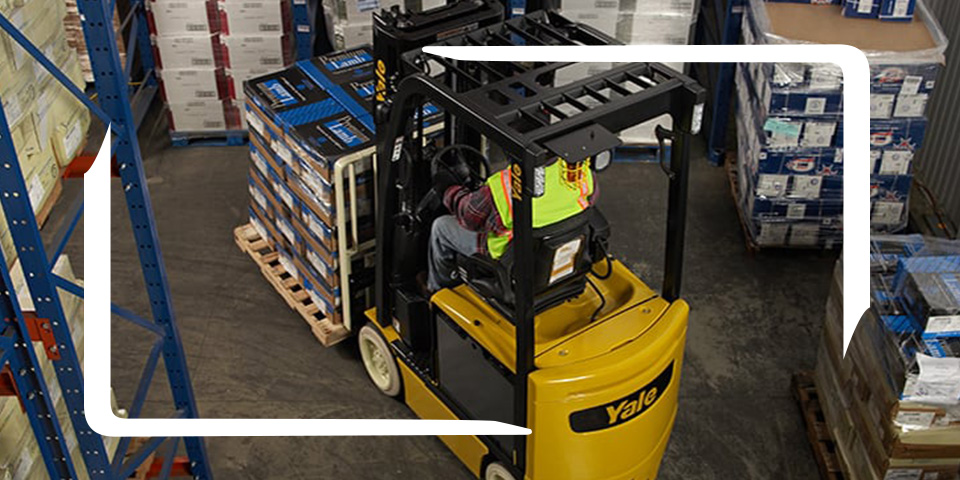
If you own a warehouse, you probably rely heavily on forklifts. While the most common forklift accidents happen because of operator error, it is possible for mechanical issues to cause accidents, too. Since warehouses and distribution centers put forklifts through heavy use, they’re bound to encounter issues over time, which may cause reduced productivity, property damage or even injuries.
It’s crucial to learn how to identify these issues, prepare for them and solve them when they occur. Here are some common forklift problems and solutions:
1. Starting Issues
Forklifts sometimes produce a clinking sound instead of an engine sound when they’re ignited. This often indicates a battery problem. Issues may include something as simple as an uncharged or poorly connected battery or cold weather, in which forklifts may struggle to hold a charge.
Other issues may be more complex. For example, you could have an overheated battery, possibly due to a blocked radiator or a coolant shortage. To solve this, clean the radiator and replace the coolant. Auxiliary features like lights or brakes may also not come on during start-up. To keep your battery in good condition, follow the manufacturer’s suggested charging schedule.
Starting problems aren’t always battery-related, especially for forklifts that run on internal combustion. Other potential problems include:
- Old or insufficient fuel and fluid levels — some forklifts won’t start if the gas or oil isn’t at a certain level.
- Gas leaks, indicated by a strong gas smell.
- An engaged emergency power off button.
- Security features that are preventing start-up, such as the operator not being fully seated.
- The gear lever is not in neutral.
2. Steering Issues
Forklifts are challenging to drive, especially in confined spaces. Steering issues other than operator error could cause accidents. To ensure safety, these issues should be detected and solved early on. Unfortunately, steering problems often present themselves as the forklift is being operated. It’s important for forklift operators and designated maintenance technicians to be able to identify them and know how to respond quickly.
Low levels of power steering fluid are a common cause of steering issues, which can result in delays in the transmission of directional changes. To solve this problem, add more fluid to keep up with the manufacturer’s recommended range. If the fluid has a thick consistency, you should replace it altogether.
Here are some other causes that might result in steering troubles:
- Worn-out gears
- Low tire pressure
- Defective steering cylinders
- Tire misalignment
- A rusted-out steering wheel
Unlike fluid level problems, which are easy to catch, these issues typically require professional assistance to diagnose and repair.
3. Mast Failure
The mast controls the forklift’s lifting, lowering and tilting functions. Since forklifts frequently carry heavy loads, this can cause issues like improper, slow or jerky lifting and lowering.
There are various causes that bring mast issues, including:
Hydraulic Problems
When the levels of hydraulic fluid are low, the forklift will have a harder time raising the mast and lifting heavy loads, which can also show in how the forklift moves and turns. If operators notice mast problems, the level of hydraulic fluid is the first thing that should be checked. Often, it just requires adding more fluid.
Sometimes, low levels of hydraulic fluid may be caused by a leak, usually in the hose or in one of the hydraulic cylinders. These leaks should be sealed by a professional. Leaks can damage other components of the forklift, so it’s better to avoid them by having hoses checked often and replacing them if they’re worn out.
Debris in the Hydraulic System’s Filter
The hydraulic system and pump filters should be inspected and cleaned to remove any dirt or debris that may inhibit function. Otherwise, if the debris continues to clog the filter, it could prevent the proper flow of fluid and cause overheating or improper alignment in the lift carriage. You can inspect the filter function yourself, but you might not notice some issues. It’s advisable to consult a professional who will notice any problems.
Overloading Forklift
This is not a common cause, but overloading a forklift and using it for the wrong purpose can cause mast issues. This happens when the forklift operator is untrained, which is why it’s important to properly train forklift operators.
Other causes may be as simple as a damaged wire, a faulty switch, a weak battery or choosing the wrong setting. Most of the time, basic maintenance can solve these forklift failures, including:
- Battery care
- Cleaning and maintaining the fuel system
- Taping exposed wires
In severe cases of mast failure, consider replacing the forklift to maintain safety.
4. Worn Out Tires
The heavy lifting a forklift performs strains and wears out the tires. Because forklifts don’t have a viable suspension system, the tires bear the brunt of the forklift’s weight and the weight of the loads being carried.
Operating a forklift with worn-out tires can lead to serious accidents, increased repair costs and decreased forklift performance. Most forklift tires include a 50% wear line, which is a good indicator that the tire is ready for replacement.
However, if you notice problems before the tire reaches the wear line, a few other causes of forklift tire issues include:
- Punctures due to contact with debris or object collisions
- Bits of tire chunking or falling off
- Excessive wear on the tread
The wear of tires is often out of the operator’s control, but premature tire problems could be caused by:
- Poor maintenance of the forklift
- Aggressive acceleration, stops and turns, which put extra stress on the tires
- Improper brake adjustment
- Poor lubrication
- Inefficient tire installation
- Debris on the floors of the warehouse
Perform regular preventive maintenance and an extensive daily inspection to detect these issues early. To ensure that the forklift continues operating in a stable way, it’s best to replace the tires when they wear out. If you notice that your forklift tires are wearing out quickly, consult an expert to identify deeper issues.
Contact Burns Industrial Equipment for Forklift Maintenance
If you need an expert to help with preventive maintenance and service to help you avoid these issues, look no further than Burns Industrial Equipment. Our expert technicians can accurately diagnose problems and develop solutions, whether it’s performing a quick repair or recommending a replacement for issues that exceed the value of the truck. If you’re in a tight spot and want to reduce delays due to equipment downtime, we also offer 24/7 emergency repairs.
Explore our forklift repair services, and contact us today to create your custom maintenance plan.


